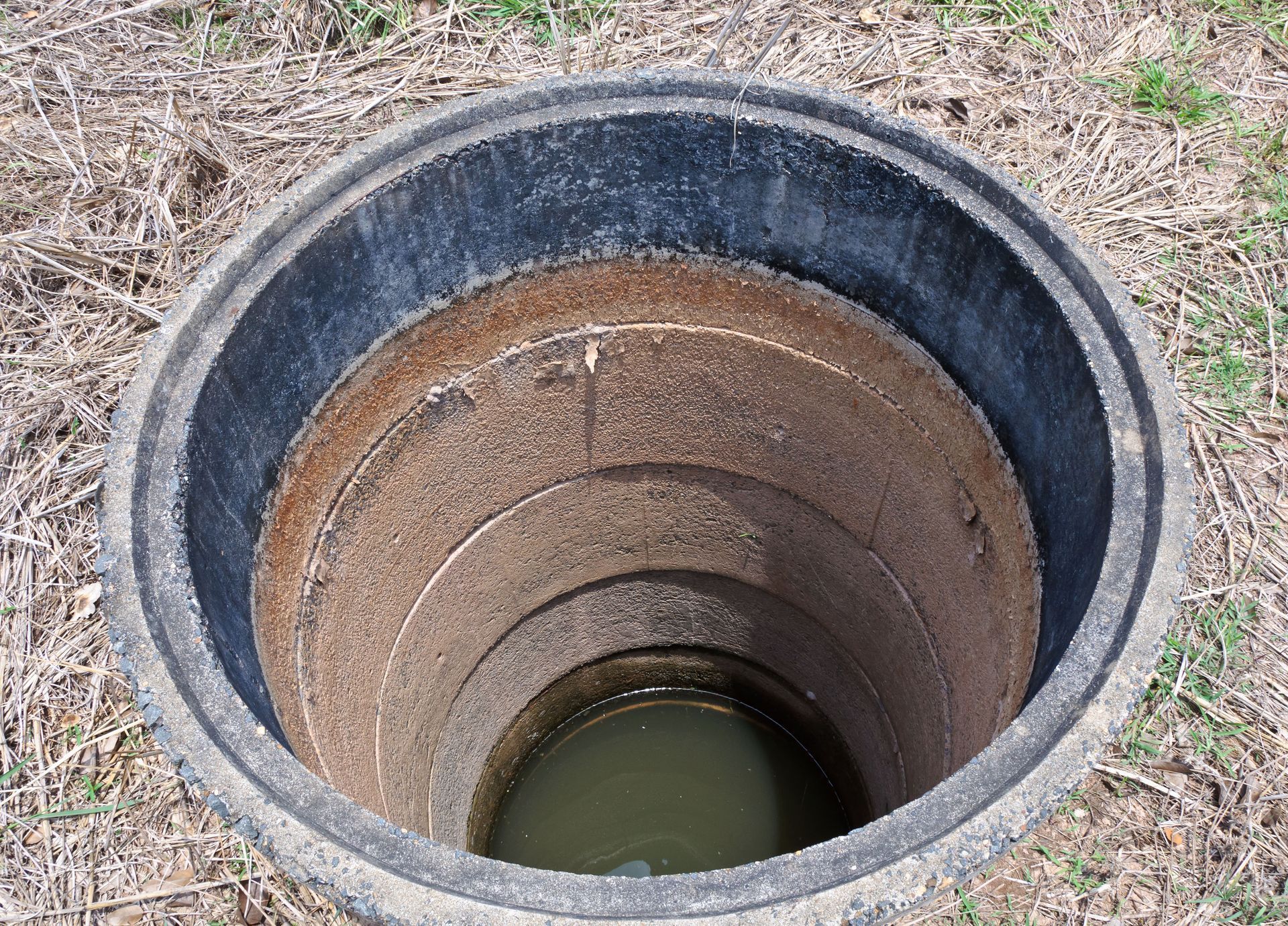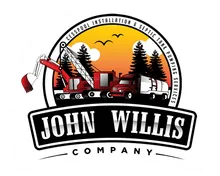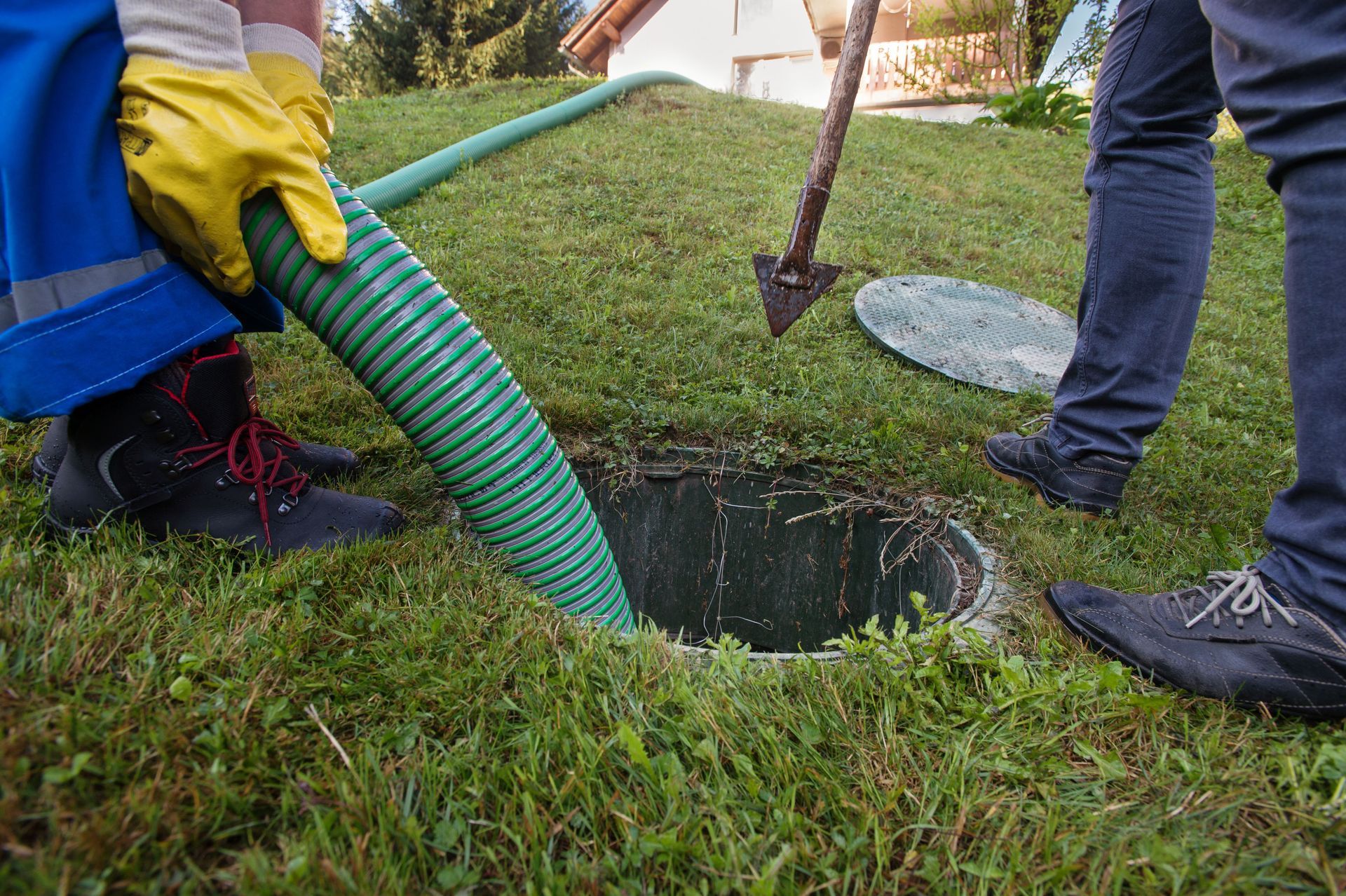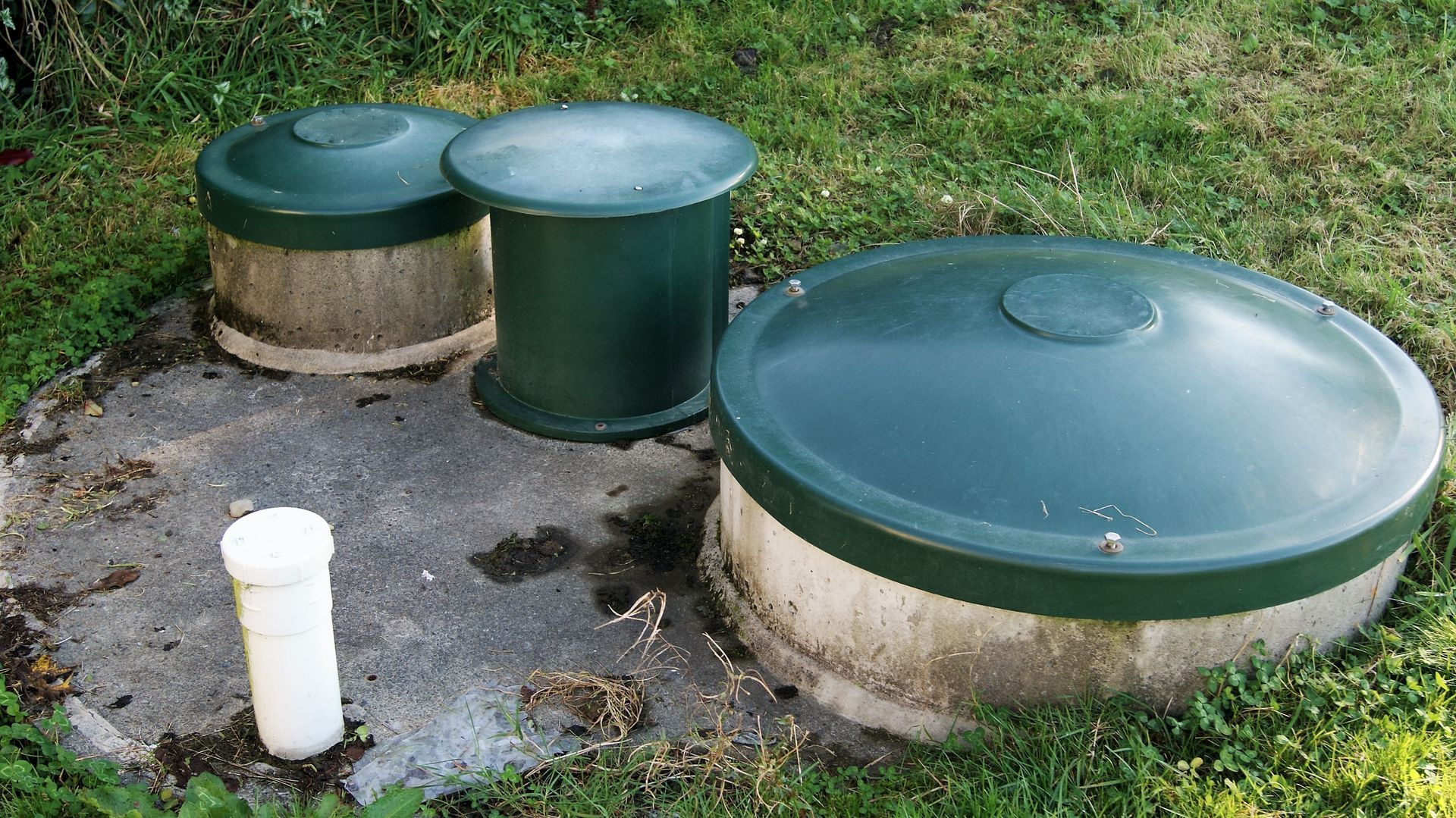October 14, 2025
Understanding when to seek septic tank services is crucial for maintaining a healthy home environment. Failing to address septic issues in a timely manner can lead to costly repairs and health hazards. This article will guide you through the signs that indicate the need for professional septic tank services. Septic systems require regular monitoring and maintenance to function optimally. By recognizing the warning signs early, homeowners can avoid significant damage and ensure the longevity of their septic systems.
Recognizing Slow Drains
Common Causes of Slow Drains
Slow drains are often caused by clogs or blockages within the plumbing system. Common culprits include hair, soap residue, grease, and food particles that gradually accumulate over time. However, slow drainage can also indicate a fuller issue within the septic system itself. When the septic tank reaches its capacity, it can impede the normal flow of water and waste. Regular maintenance and inspection can help prevent build-up and ensure efficient drainage.
How Slow Drains Relate to Septic Tank Problems
Slow drains might be symptomatic of deeper, underlying issues associated with the septic tank. When a septic tank nears capacity, it can back up into household plumbing, manifesting as slow drains. The connection begins with the tank's decline in processing efficiency due to overflow. As a result, the water flow through sinks, showers, and toilets becomes sluggish. Regular septic services are essential to determine if the slow drainage is a minor plumbing issue or a septic tank problem.
Warning Signs to Look For
Several warning signs may differentiate between a simple clog and a septic system issue. Persistent slow draining across multiple fixtures often suggests septic trouble. Unusual sounds, like gurgling toilets, imply trapped air and potential blockages in pipes. Unaddressed, such symptoms can lead to more serious septic complications. Recognizing and reacting to these indicators promptly can save homeowners from costly repairs.
DIY Solutions vs. Professional Help
While minor clogs might be addressable with DIY remedies like plungers and natural drain cleaners, deeper septic issues require professional intervention. Attempting to fix severe septic problems without expertise can exacerbate the situation. It’s critical to assess the problem’s extent before deciding on a solution approach. Simple DIY methods might suffice for minor drainage issues, but recurring problems typically necessitate expert involvement. Professionals bring specialized tools and knowledge to ensure thorough and lasting solutions.
Preventative Measures to Avoid Slow Drains
Preventative maintenance plays a vital role in avoiding slow drain issues. Regularly using drain screens and reducing oil and grease disposal down the sink can prevent major build-ups. It’s beneficial to schedule periodic septic inspections to ensure everything operates correctly. Educating household members on what can and cannot go down the drains helps maintain system health. These methods can help prolong the lifespan of the septic tank, which usually lasts between 15 and 40 years according to This Old House.
Dealing with Foul Odors
Identifying Sources of Bad Smells
Foul odors can emanate from various sources in the septic system. Often, the smells result from gas emissions escaping through plumbing fixtures when the tank is full or malfunctioning. Ventilation failures within the septic system can also allow gases to enter the home environment. Identifying these sources early can prevent potential health risks and further system degradation. Regular professional checks are important to locate and address these issues swiftly.
The Health Risks of Ignoring Foul Odors
Ignoring foul odors from septic systems can pose significant health risks. These gases often contain harmful bacteria and pathogens that can cause respiratory problems and infectious diseases. Prolonged exposure to septic gases may result in serious health complications, especially for vulnerable individuals. As a result, it is crucial to address foul odors immediately to protect household health and safety. Regular maintenance and ventilation checks can mitigate these risks effectively.
Effective Odor Elimination Techniques
Several techniques can help eliminate or prevent foul odors emanating from septic systems. Ensuring proper ventilation and regularly cleaning plumbing vents can reduce gas buildup. Using biological septic additives can aid in improving microbial action to break down waste more efficiently. Regular pumping and inspection also help maintain system hygiene and functionality. Applying these methods can drastically reduce the occurrence of unpleasant septic-related smells.
Professional Assessment of Odor Issues
Persistent foul odors necessitate a professional assessment to identify underlying septic issues. Experts can accurately diagnose and treat any malfunctions, ensuring a healthier home environment. A professional assessment provides peace of mind, knowing the issue is thoroughly investigated and resolved. Regular professional evaluations can also predict potential future issues, allowing proactive measures to be taken. It’s always advisable to trust qualified technicians for odor-related septic troubles.
Environmental Impact of Septic Odors
Septic odors can have detrimental environmental impacts if not addressed promptly. Gas emissions from malfunctioning systems can contribute to air pollution, affecting the local community. Not only are they a nuisance, but they also pose ecological risks, disrupting local wildlife habitats. Regular septic maintenance helps minimize environmental threats, preserving the purity and safety of the surroundings. Professional services are crucial in maintaining environmentally safe septic practices.
Managing Sewage Backups
Immediate Actions During a Sewage Backup
Experiencing a sewage backup requires immediate and decisive action to mitigate damage. Start by cutting off water supply and avoiding usage of affected fixtures to prevent further overflow. Ensure the affected area is off-limits, preventing exposure to harmful bacteria and contaminants. Contact professional services to handle the cleaning and repairs, ensuring safety and efficiency. Swift action minimizes potential health hazards and property damage costs.
Causes of Sewage Backups
Sewage backups can stem from multiple causes, often linked to blockages or septic tank inefficiencies. Common culprits include tree root invasions, which can penetrate and clog pipes. A full septic tank can also prompt sewage to back up into home plumbing fixtures. Regular system maintenance minimizes such risks, ensuring smoother operations. Identifying and addressing the root cause early can prevent further backups, safeguarding home health and infrastructure.
Long-term Solutions to Prevent Backups
Long-term solutions focus on periodic septic inspections and professional cleanings to prevent backups. Routine checks ensure proactive identification and resolution of potential blockages. Installing backwater valves can prevent sewage from entering a home during overflow events. Upgrading aging systems, like older tanks and pipes, can also enhance efficiency, reducing backup occurrences. Consistent maintenance not only extends system longevity but also ensures smooth daily operations.
The Role of Regular Maintenance
Regular maintenance is pivotal in preventing sewage backups and ensuring septic system longevity. Scheduled inspections help identify potential issues before they escalate into significant problems. Proper maintenance involves systematic cleaning and pumping of the septic tank to avoid overflow. Routine care ensures that the system operates efficiently and prolongs its functional lifespan. Therefore, investing in regular maintenance proves to be both cost-effective and essential for a healthy home environment.
Cost Implications of Ignoring Sewage Backups
Ignoring sewage backups can result in substantial financial burdens due to extensive property damage and repairs. Restoration and cleanup from affected areas can incur high costs, increasing with the extent of contamination. Property devaluation may also arise from recurring septic issues, affecting resale potential. Potential health risks stemming from unaddressed backups can further lead to medical expenses. Timely interventions and regular maintenance are critical in mitigating these financial impacts.
Ensuring the proper functioning of your septic tank is crucial to the health and safety of your household. By recognizing the signs outlined in this article, you can seek timely septic tank services, prevent further damage, and maintain a healthy environment in your home. Proactive inspection, maintenance, and swift interventions ensure operational efficiency, system longevity, and home harmony. Embracing informed practices guarantees septic resilience, minimizing expensive disruptions and ecological impacts. Regular professional engagements and strategic measures provide reassurance and optimal performance, safeguarding household wellbeing. Be sure to reach out to John Willis Cesspool today for more information on our professional septic tank services !



